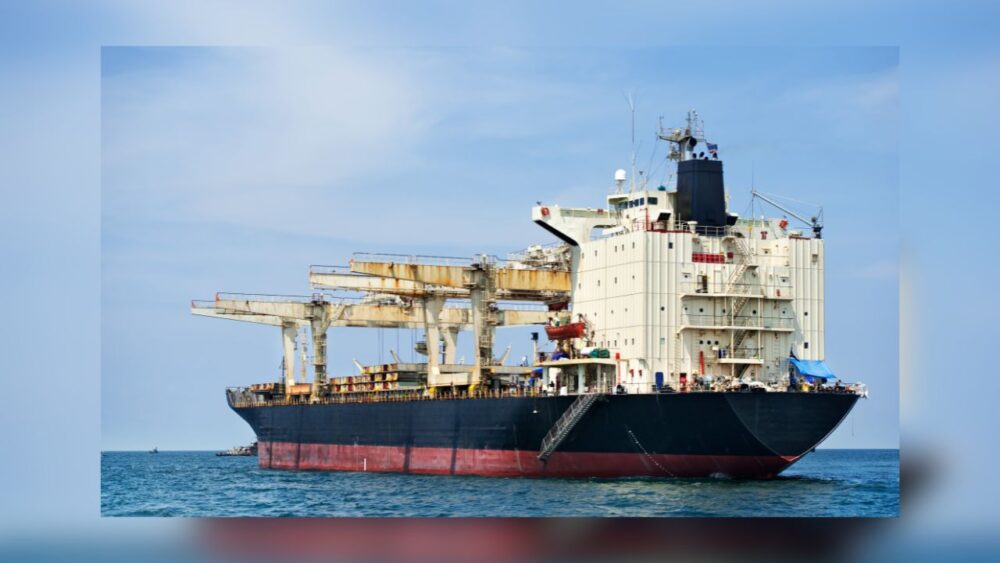The U.S. Treasury Department announced sanctions on September 2 against Waleed al-Samarra’i, an Iraqi-Kittitian businessman, and his companies for allegedly smuggling Iranian oil disguised as Iraqi crude. Officials said the scheme generated hundreds of millions of dollars annually for Iran and the network.
Treasury officials said the sanctions cut off a revenue stream that funds Iran’s military activities and underscored Iraq’s exposure to Iranian economic influence.
Al-Samarra’i, who holds Iraqi and St. Kitts & Nevis citizenship, operates from the United Arab Emirates. Treasury said his network blended Iranian oil with Iraqi crude and marketed it as Iraqi-origin to evade sanctions.
“Iraq cannot become a safe haven for terrorists, which is why the United States is working to counter Iran’s influence in the country,” Treasury Secretary Scott Bessent said. “By targeting Iran’s oil revenue stream, Treasury will further degrade the regime’s ability to carry out attacks against the United States and its allies.”
Officials estimated al-Samarra’i’s operation generated about $300 million a year. The network relied on two UAE-based firms — Babylon Navigation DMCC for logistics and Galaxy Oil FZ LLC for trading.
Treasury identified nine Liberian-flagged vessels involved in the smuggling operations, using ship-to-ship transfers in the Arabian Gulf and Iraqi ports. The ships, managed by Babylon and owned through Marshall Islands shell companies, included the ADENA, LILIANA, and CAMILLA, among others.
Treasury said the vessels used evasion tactics including night transfers, spoofed location signals, and unexplained gaps in tracking data.
The network also connected with Iran’s shadow fleet of tankers through intermediaries, distancing al-Samarra’i’s ships from direct contact with Iranian oil operations.
The action followed July sanctions on another Iraqi-Iranian smuggling network led by Salim Ahmed Said. Treasury said the measures are part of a broader effort to counter Iranian economic activity in Iraq.
Sanctions Implications
The sanctions freeze all U.S.-based assets of the designated companies and individuals and bar Americans from doing business with them.
Foreign financial institutions could also face penalties for knowingly facilitating transactions, including restrictions on U.S. banking relationships.
The designations were made under Executive Order 13902, which targets Iran’s petroleum and petrochemical sectors.


